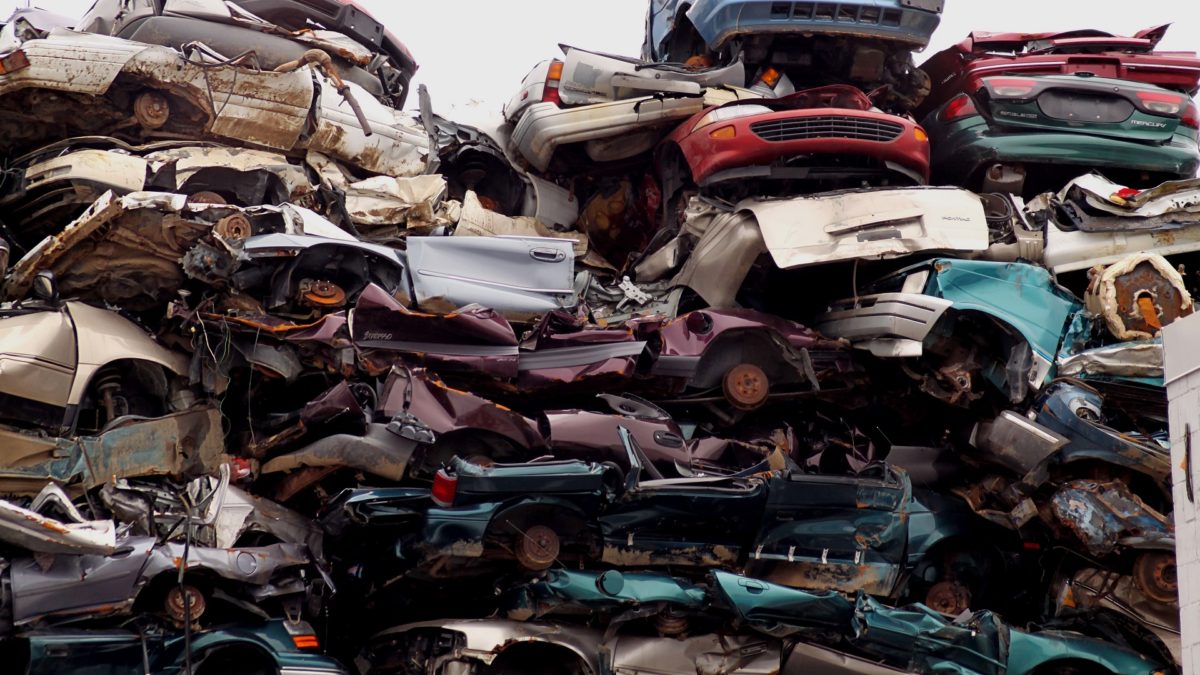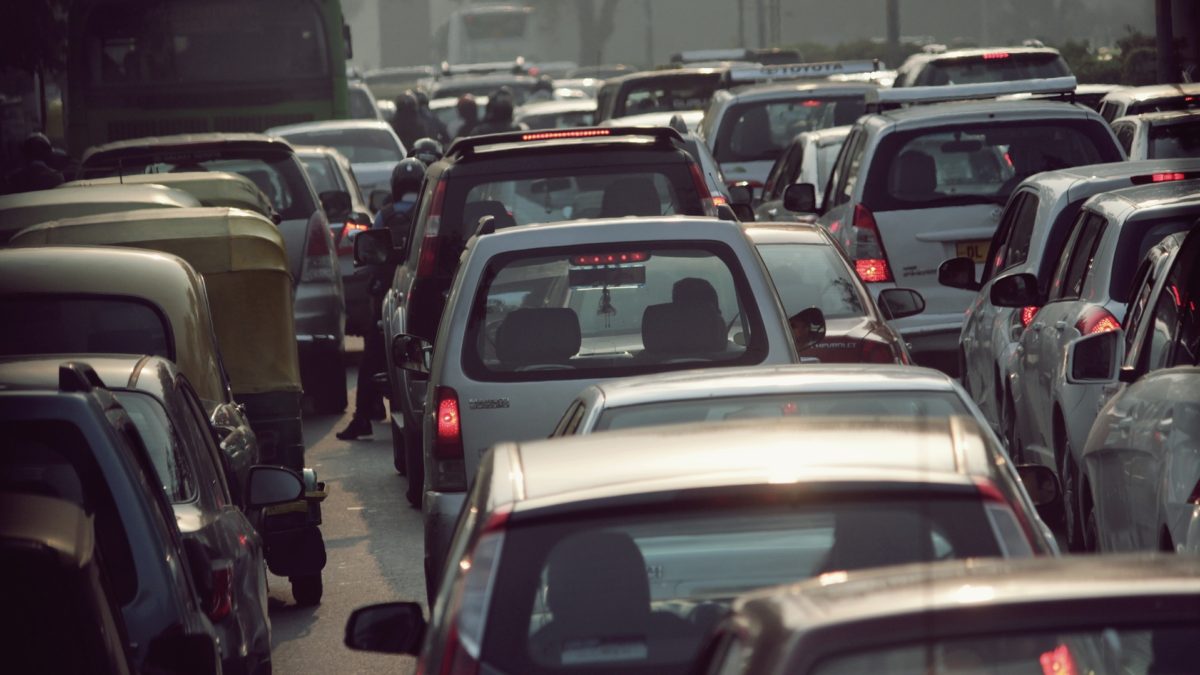There’s More To Know About Vehicle Scrapping Policy
The Vehicle Scrapping Policy has been a long time coming. It even got a mention during this year’s budget announcement. Now, the minister of road transport and highways, Nitin Gadkari, has confirmed some of the policy’s finer details. And, he also points out both short- and long-term benefits.
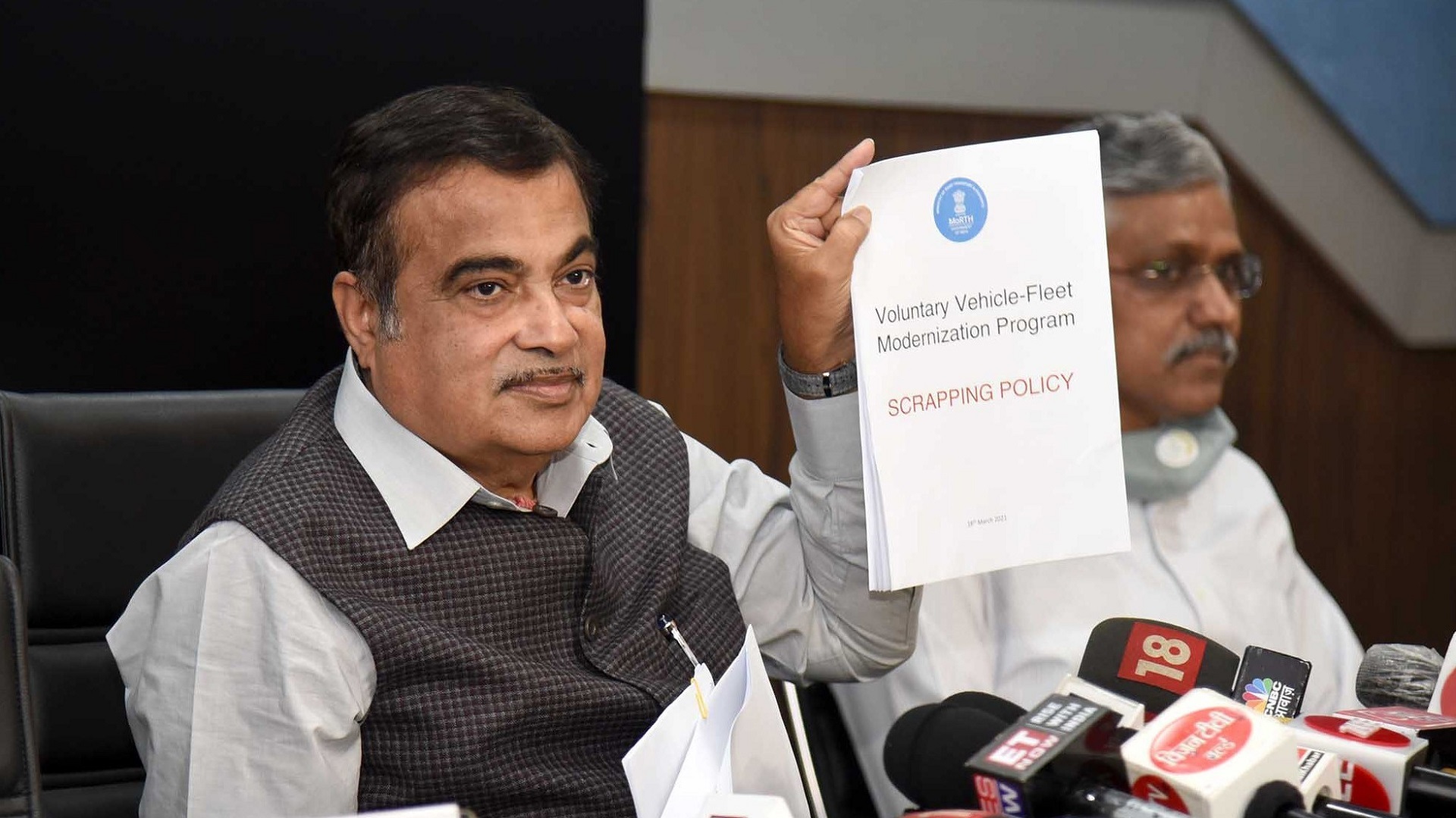
Why do we need it?
The Vehicle Scrapping Policy, or Voluntary Vehicle-Fleet Modernisation Program, aims to phase out those unfit and polluting vehicles. As per the government, there are 51 lakh Light Motor Vehicles (LMVs) that are older than 20 years and 34 lakh LMVs with at least 15 years on the clock. It also mentions that around 17 lakh Medium and Heavy Commercial Vehicles, more than 15 years old, are currently plying on roads without a valid fitness certificate. Over the years, vehicles become less efficient and pollute significantly more than comparable new ones. The government says that older vehicles produce 10-12 times more harmful pollutants.
What does it propose?
The following points paint the picture:
- In case a commercial vehicle, which is at least 15 years old, fails to get a fitness certificate, it will be de-registered from the system.
- In case a private vehicle, which is at least 20 years old, is deemed unfit, it will be de-registered.
The government has also proposed a disincentive measure for both categories – increased fees for re-registration for private vehicles and a fitness certificate for commercial vehicles. The hike will be calculated from 15 years onwards from the date of the original registration.
- All 15 years old vehicles serving the central government, state government, municipal corporation, panchayats, state transport undertakings, public sector undertakings and autonomous bodies working with the state and central governments, to be de-registered and scrapped.
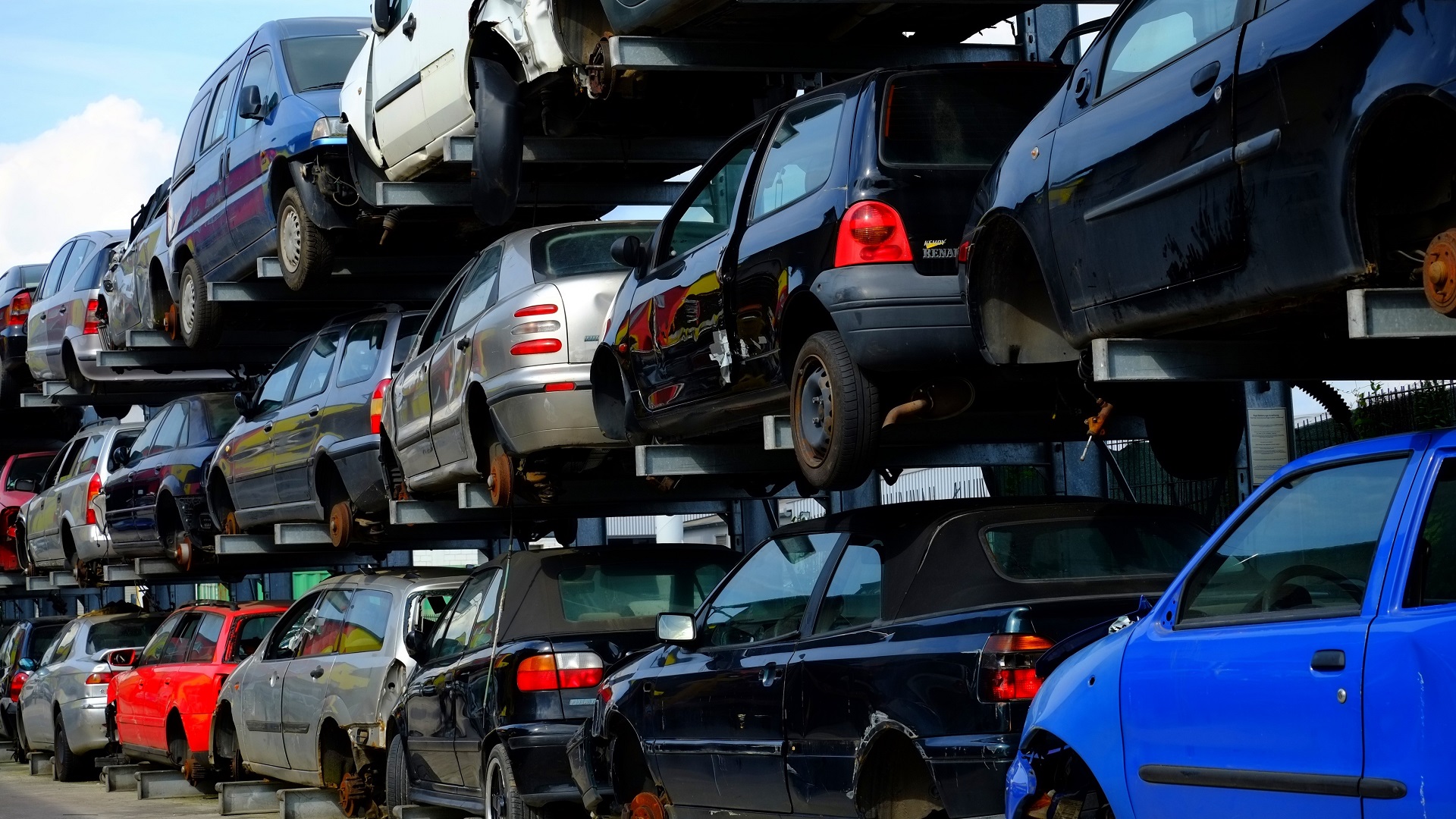
Are there any monetary incentives?
The government proposes:
- The scrap value given for the old vehicle by an authorised scrapping facility to be approximately 4-6 per cent of a new vehicle’s ex-showroom price.
- The state governments to offer a road-tax rebate of up to 25 per cent for personal vehicles and up to 15 per cent for commercial vehicles.
- Automakers to provide a discount of 5 per cent on purchase of a new vehicle, but only against the scrapping certificate.
- A waiver on new vehicle’s registration fees, only if the buyer has a valid scrapping certificate of an old vehicle.
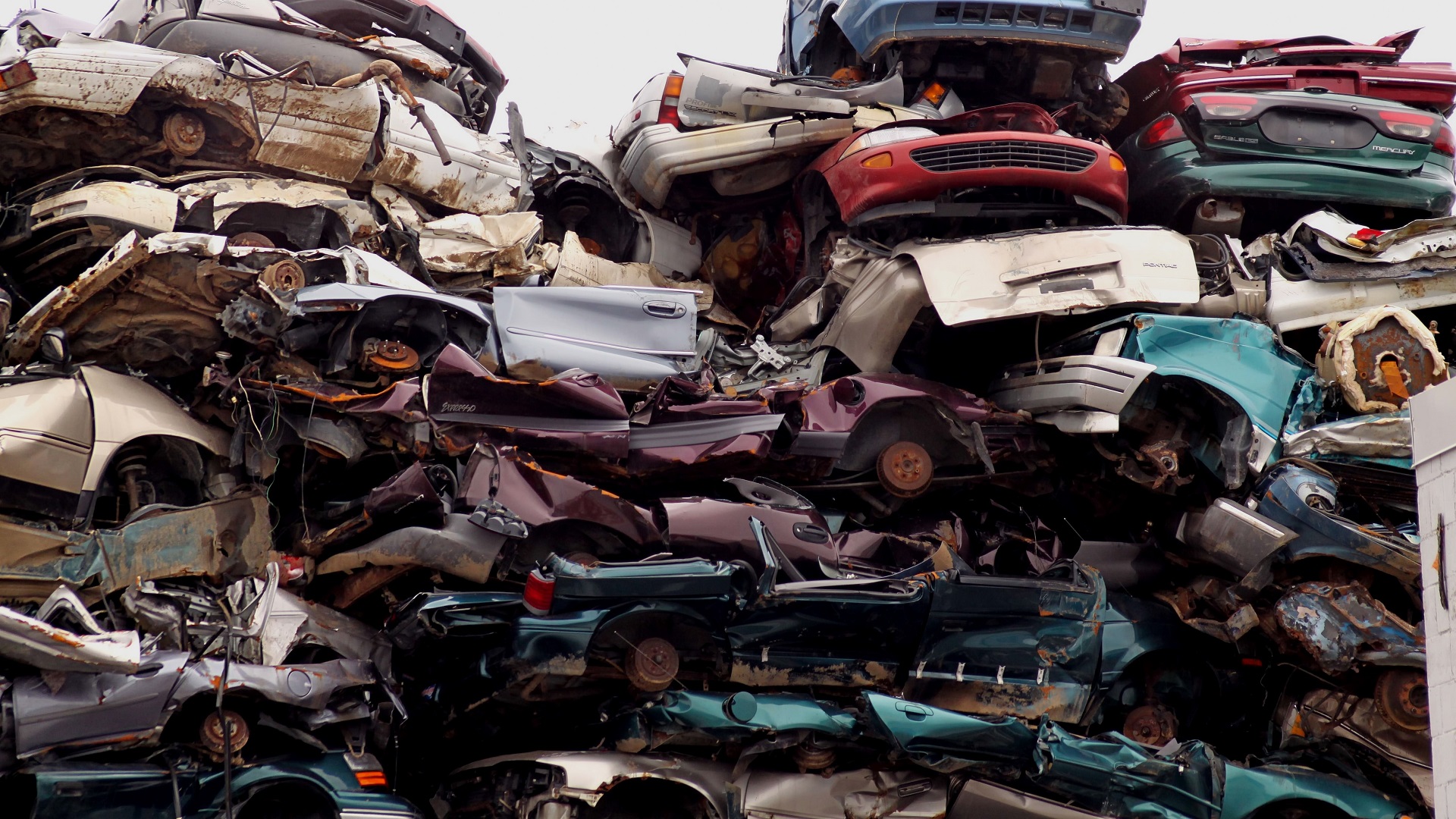
Where are the authorised vehicle scrapping facilities?
In two years, around 100 Registered Vehicle Scrapping Facilities (RVSF) will come up. And they will have their own set of regulations to follow. Those will cover environmental and pollution norms, adequate parking space and safe disposal systems for hazardous waste.
Do we have any dates yet?
Yes. The rules for fitness test and scrapping centres will come into effect from October 1, 2021. Those norms for scrapping government and PSU vehicles will be enforced from April 1, 2022. The mandatory fitness testing for heavy commercial vehicles will start on April 1, 2023. The same for vehicles falling in other categories, including private vehicles, will begin in a phased manner from June 1, 2024.




